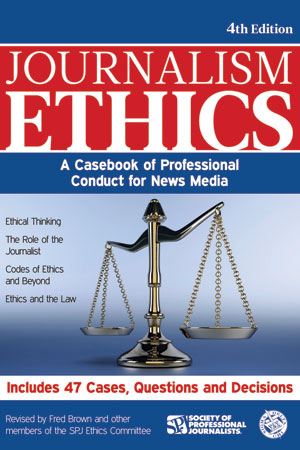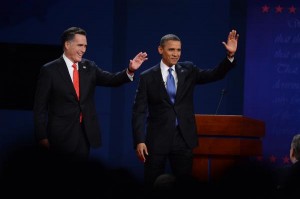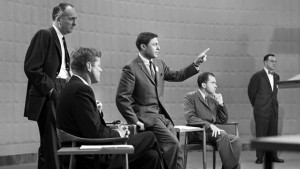On Oct. 3, Republican candidate Mitt Romney went head-to-head with incumbent Barack Obama in the first televised debate of the 2012 election. For days after, the internet was humming with chatter over impressions gathered from the debate and predictions for the future.
Many believed that Obama had a weak performance and that Romney dominated the debate. Obama himself even conceded that his opponent performed well while he did not perform well in this article.
However, the main question now is whether or not that debate will either hurt Obama’s campaign or help Romney’s in any significant way.
The first televised presidential debate happened in 1960, and it was a huge deal. It is estimated that 70 million viewers tuned in to the broadcast. According to a Reuters article, found here, 67.2 million viewers tuned in to the Obama-Romney debate. The number is close, but it must be remembered that in 1960 the population was smaller and fewer people had a TV set.
The excitement surrounding the first televised debate placed heavy weight on its outcome. Nixon was recovering from an illness, and as a result looked sickly and pale. Kennedy was well-rested and prepared for the debate, appearing confident and healthy. Kennedy ended up winning that debate in the eyes of the public.
The three subsequent debates brought two victories to Nixon and one draw, but they weren’t enough to erase the impact of that first debate, which enjoyed around 20 million more viewers than the rest and the significance of being the very first televised debate.
That debate is often believed to have given Kennedy the edge he needed to win that election. The power of television in the 60s was undeniable, but today, it seems that the impact has waned.
Not only did a smaller portion of the population tune in to last week’s debate, but television is now competing with many other media that may have more relevance to a growing portion of the voting age population. Social media and online resources are becoming primary sources of political information for many voters, stealing away some of television’s influence.
Also, television as a medium is more diluted with alternative programming, such as the O’Reilly Factor and the Daily Show, which can have an effect on the opinions of those who watch those shows. This means that the content of the debate may not matter as much as what the pundits make of it after the fact.
While televised debates are still a respected, if relatively new, tradition in American politics, they may be losing their power. Fewer people are watching, and more people are forming opinions of other candidates based on other sources and outlets. It will be interesting to see if the remaining debates in the election season cause as much of a stir as the first one.







